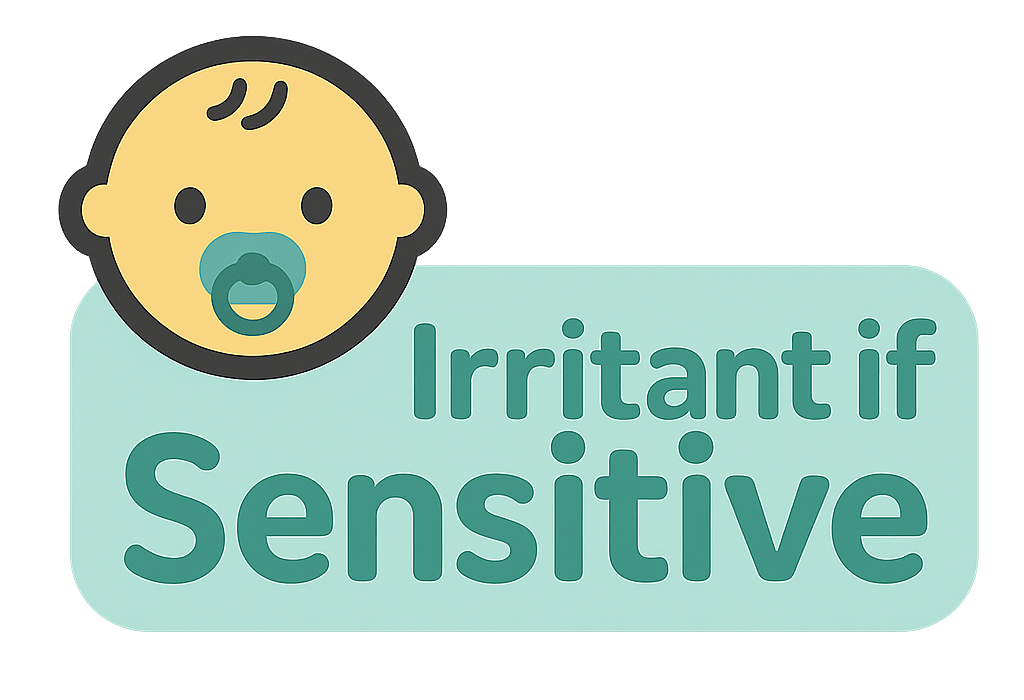Check for Different Age (6 available)
Safe for preschoolers to use Limonene?
ℹ️General Overview
For toddlers and preschoolers (2–5 years): limonene can cause skin redness, itching, or rashes in sensitive children. Many children tolerate small amounts, but because limonene can oxidize and become a stronger allergen, it’s safer to be careful.
✅What to Do
Choose fragrance-free products when possible. If you must use a scented product, do a small patch test on the child’s inner forearm and wait 24–48 hours for any reaction before regular use. Avoid applying products with limonene to broken or irritated skin, near the eyes, mouth, or face. Don’t use undiluted citrus essential oils on a child. Stop use immediately if you see redness, swelling, blistering, or persistent itching and talk to your child’s healthcare provider.
⚠️Warnings
Watch for allergic skin reactions and irritation — this is the main risk (based on European cosmetics labeling rules and hazard classifications for skin/eye irritation). There are also contamination concerns such as traces of formaldehyde in some preparations, and products containing limonene may be subject to allergen labeling in some regions (European Cosmetics Directive). If your child has eczema, asthma, or a history of skin allergies, avoid limonene-containing products and pick fragrance-free options. If a severe reaction occurs, seek medical care.
Are you holding the product?
Scan the full ingredient label and understand if it's safe for your child.
Safety Risk Labels
This ingredient has the following documented risks:






Tap or hover over labels to see detailed risk information.
Alternative Names for Limonene
This ingredient may also be listed as:
Always check ingredient labels carefully, as ingredients may be listed under different names.
Products Containing Limonene
This ingredient is found in the following products:
This list shows products that contain Limonene or its alternative names.
Research Articles on Limonene
Scientific research related to this ingredient:
These research articles provide scientific evidence about Limonene safety and effects.
Common Questions About Limonene
Safe for preschoolers to use Limonene?
Use caution with Limonene for 2-5 year old children. Some safety concerns have been identified.
What are the immune system risks of Limonene for preschoolers?
Could weaken or confuse immune system. Young children may be more sensitive to these effects.
What are the eczema risks of Limonene for preschoolers?
Linked to triggering or worsening eczema and similar skin conditions. Young children may be more sensitive to these effects.
What are the irritant risks of Limonene for preschoolers?
Can cause skin redness, itchiness, or rashes—especially on sensitive baby skin. Young children may be more sensitive to these effects.
What are the cancer risks of Limonene for preschoolers?
Connected to cancer risk with long-term or repeated exposure. Young children may be more sensitive to these effects.
What are the builds up risks of Limonene for preschoolers?
Builds up in the body over time with repeated use. Young children may be more sensitive to these effects.
What are the environmental risks of Limonene for preschoolers?
Possible negative effects on the environment Young children may be more sensitive to these effects.
What products contain Limonene?
Limonene is commonly found in skincare products, cosmetics, and topical applications. Always check ingredient labels before use.
Is this suitable for preschoolers to using products with Limonene?
The appropriate age depends on the specific ingredient properties and concentration. This analysis is for 2-5 year old children. Use the age selector above to check other ages.
Want to scan another product?
Use our camera scanner to analyze more ingredient labels
Scan Another Product